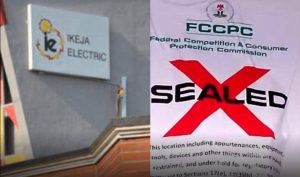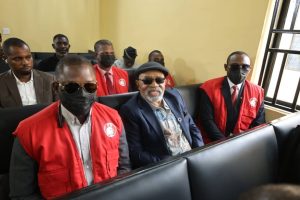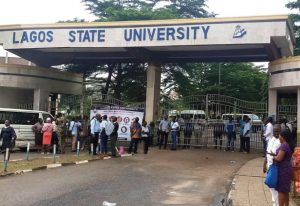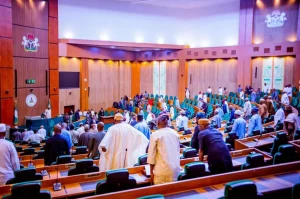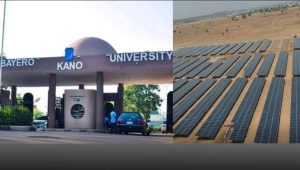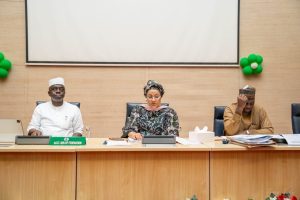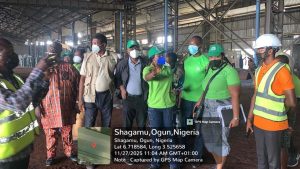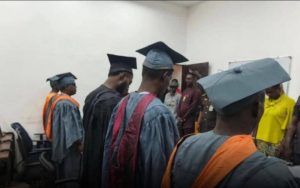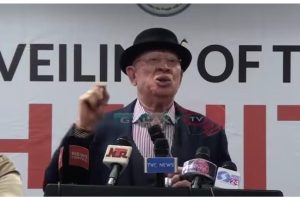By Ikugbadi Oluwasegun
Governor Babajide Sanwo-Olu has condemned the attack on a BRT bus by hoodlums who robbed passengers of their belongings.
“It is disturbing. Security agents are going after them. They will be made to face the law. People must know that such actions will have consequences,” the Governor said.
Gbenga Omotoso, Lagos State Commissioner for Information and Strategy was quoting Mr. Governor on Tuesday during an X Space discussion on the topic, “Vandalism of public facilities: the role of residents and government”.
It was all on “Ask Lagos”- a programme on which the Commissioner engages people on matters of interest to Lagosians.
Omotoso emphasized that vandalism is not part of the culture of Lagos or Nigeria, attributing such acts to “pure criminality”.
He listed various instances of vandalism, such as the removal of electric poles, the destruction of concrete to extract iron rods, and the theft of manhole covers, which are then sold to individuals or companies with similar criminal intentions.
Omotoso expressed disappointment with the disregard for public property, stating: “These facilities are put in place for our comfort, and those who destroy them are agents of discomfort.”
The recent attack on a BRT bus in broad daylight by miscreants further highlights the severity of the issue. Passengers were robbed. Governor Sanwo-Olu directed security agencies to hunt down those responsible so that they can face the law.
Omotoso stressed that “for every crime, there must be consequences”, and assured Lagosians that the government would ensure that the culprits face justice.
He urged Lagosians to take ownership of public facilities and remain vigilant. He called on residents to report suspicious activities, emphasizing that Lagos, as a hub attracting thousands of people daily, must ensure that everyone, while welcome, must exhibit good behavior.
A participant asked if there are laws under which suspected vandals could be tried. Omotoso said Section 339 of the Lagos State Criminal Code deals with such matters. He noted that penalties for vandalism include fines and imprisonment. However, the Commissioner lamented that many incidents go unreported and reiterated the government’s commitment to ensuring that offenders feel the full weight of the law.
Responding to audience questions, Omotoso said that communities must not keep quiet, but should continue raising their voices against vandalism. One participant, Mr. Nelson Ekujimi, highlighted the lack of value for public property, citing the removal of streetlights from Iyana-Ipaja Roundabout. He suggested the introduction of a reward mechanism for whistleblowers, an idea that Omotoso supported, suggesting public recognition by the Governor as a possible incentive.
When asked about amending the Lagos Criminal Law to include the death penalty for vandalism, Omotoso explained that such penalties are reserved for severe crimes, such as murder and armed robbery. He expressed his belief that while harsher penalties might not deter all criminals, a united stand by the community against vandalism could be more effective.
Omotoso also emphasized the role of schools, religious organizations, and youth groups in combating vandalism, stressing that communal efforts are essential. He highlighted the State Government’s investment in youth centres and the ongoing construction of eight mini-stadia across the state to provide youths with constructive outlets for their energy.
The Commissioner concluded by reaffirming the government’s commitment to protecting public property and ensuring that Lagos remains a safe and welcoming city for all. “We will continue to keep the State safe for residents- and visitors. We must maintain decency and stress the fact that Lagos, our Lagos will not condone criminality in any form,” Omotoso said.








